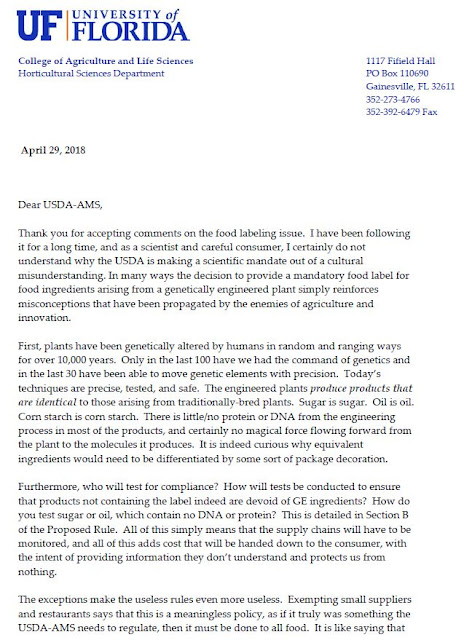I was very fortunate to be able to speak at the Manna Center for Global Food Security conference in Tel Aviv, July 4, 2018. The Manna Center at Tel Aviv University (TAU) understands that the concept of global food security requires a comprehensive analysis of this complicated problem, and integrates input from social scientists, biologists, economists and other experts. It was clear that solutions would require careful nuance and sophisticated approaches. The conference was well attended, mostly by students and faculty from TAU, but also with a significant attendance of international delegates. I absolutely loved the conference and associated events, and that is why this blog post is hard to write. I must be critical of one facet of the otherwise stellar event. This blog post is necessary because the room was full of students. While most of the talks were outstanding, students were actively deceived by a professor that blatantly presented a skewed information and presen







